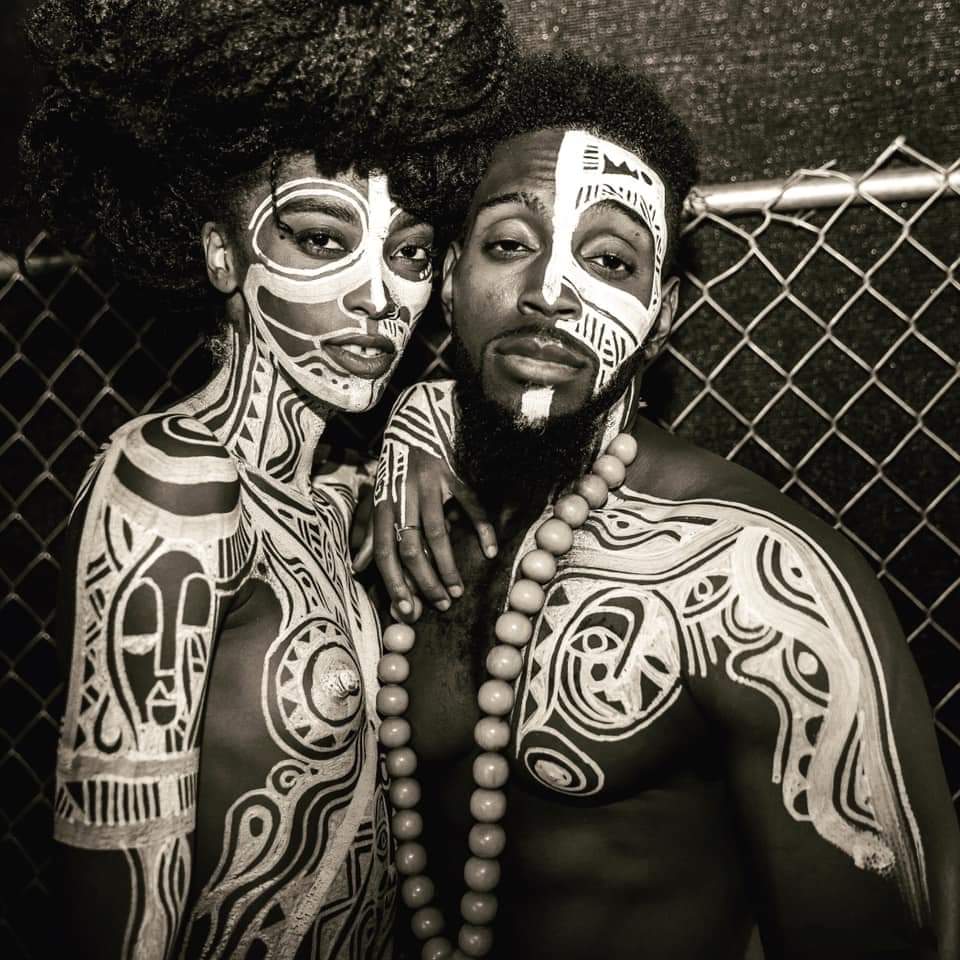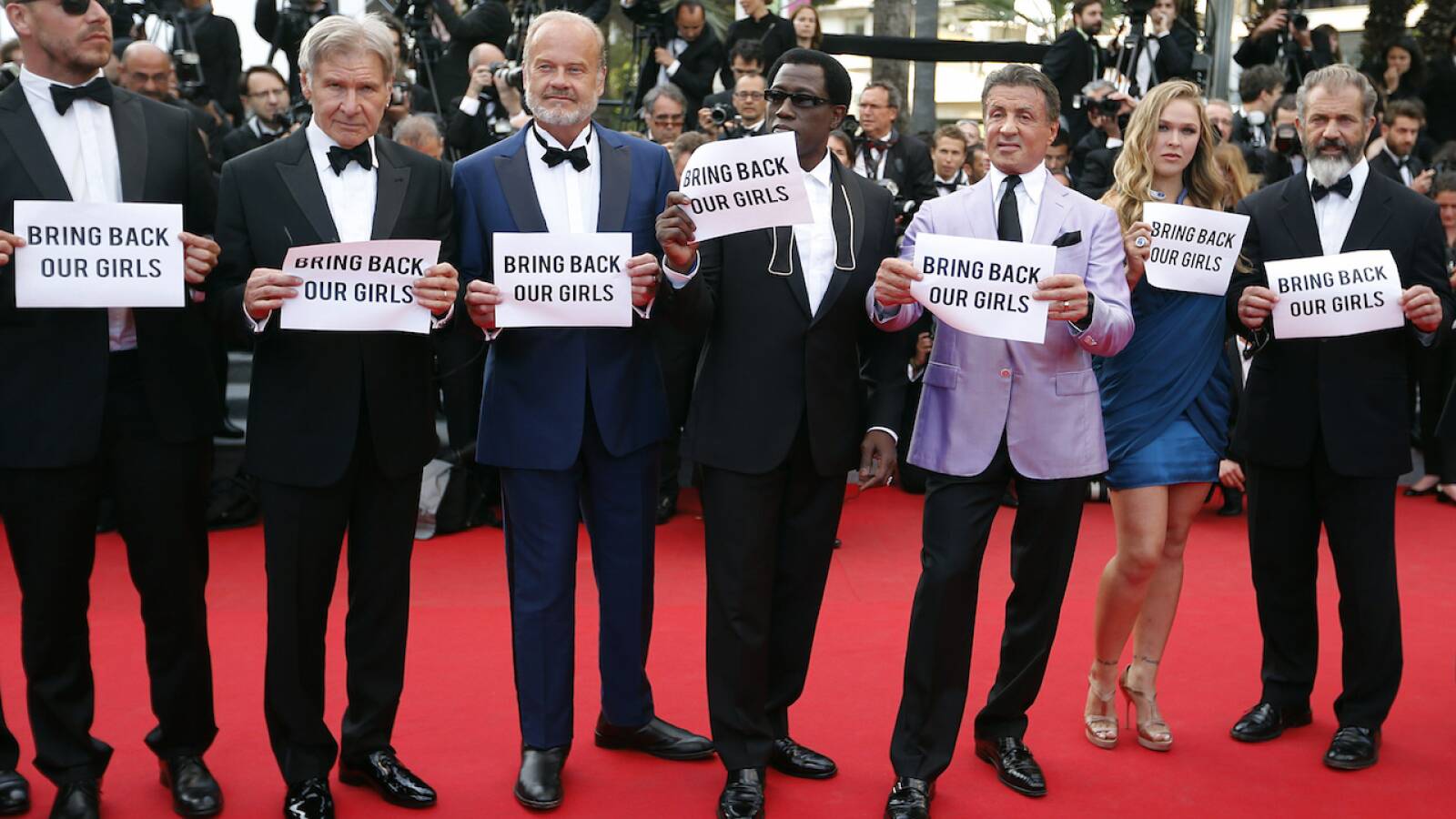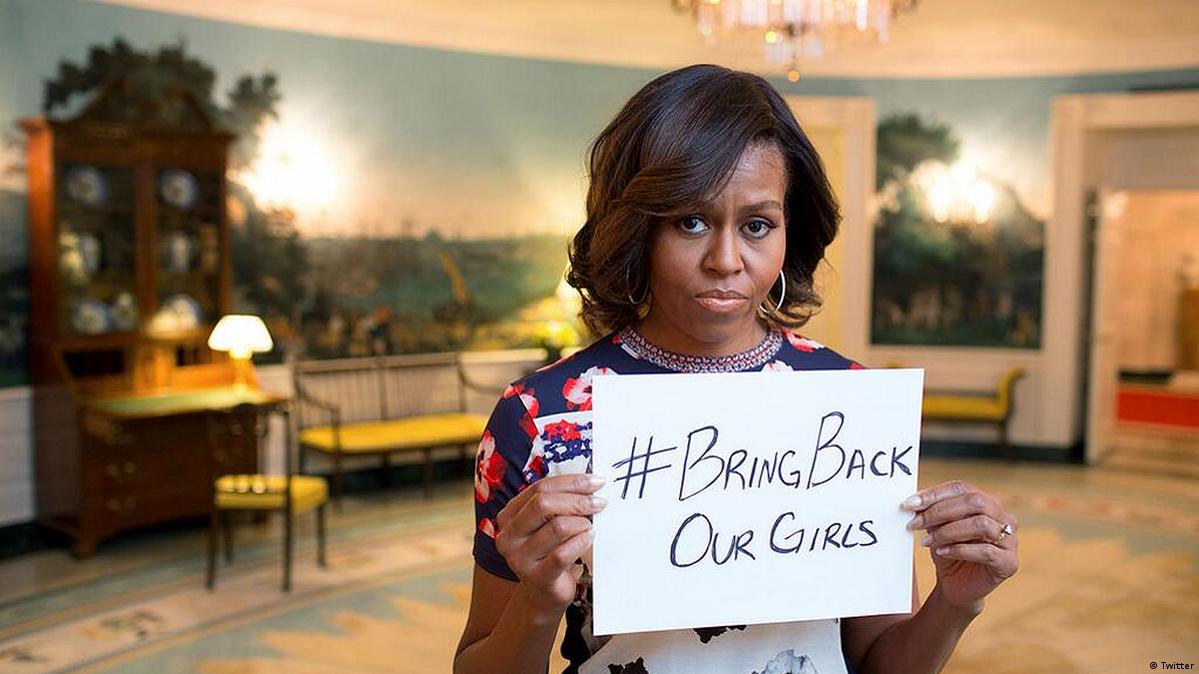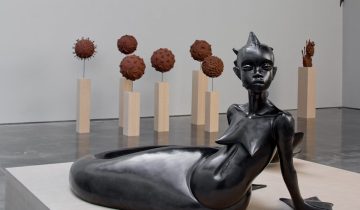African Artists and Activism in the Digital Age: Amplifying Voices
African art has always played a central role in the continent’s cultural landscape. Throughout history, African artists have used their craft to express their thoughts, beliefs, and aspirations, while also serving as social commentators and agents of change. Similarly, activism has long been a driving force behind the pursuit of social justice and positive transformation in African societies. With the rapid expansion of digital technology and the rise of social media, the worlds of art and activism have converged in new and powerful ways. The digital age has provided African artists and activists with unprecedented opportunities to amplify their voices and foster positive change on the continent and beyond.
African Artists and Digital Platforms
The digital revolution has brought about a new era of artistic expression, enabling African artists to explore innovative mediums and techniques. Digital illustration, animation, video art, and virtual reality are now integral components of the African artistic landscape. These forms of digital art not only push the boundaries of creativity but also make African art more accessible to a global audience.
The rise of digital platforms has transformed the way African art is exhibited and distributed. Virtual galleries and museums showcase the continent’s rich artistic heritage, while online marketplaces and social media platforms enable artists to sell their work directly to buyers, bypassing traditional gatekeepers. This democratization of the art world has created new opportunities for emerging artists and facilitated the global dissemination of African art.
Several African digital artists have gained international recognition, leveraging digital platforms to showcase their unique styles and perspectives. Nigerian artist Laolu Senbanjo, for example, has garnered widespread acclaim for his intricate body paintings, which he calls “The Sacred Art of the Ori.” Senbanjo’s work has been featured in Beyoncé’s “Lemonade” visual album and in collaborations with global brands like Nike. South African artist Tony Gum explores themes of identity, culture, and feminism in her striking digital collages, which have been exhibited at prestigious institutions such as the Zeitz Museum of Contemporary Art Africa. Kenyan photographer Osborne Macharia’s vivid, Afrofuturistic images blend fantasy and reality, challenging conventional narratives and offering an alternative vision of African society.

Activism in the Digital Age
Digital technology has also played a transformative role in activism across Africa, providing new avenues for communication, mobilization, and advocacy. Social media platforms like Twitter, Facebook, and Instagram have become powerful tools for raising awareness and galvanizing support for a wide range of causes. Hashtags and viral campaigns help to amplify voices, while online petitions and fundraisers facilitate collective action.
Digital storytelling and documentation have further bolstered the impact of activism on the continent. Bloggers, vloggers, podcasters, and webinars offer alternative sources of information and analysis, often challenging mainstream narratives and providing a platform for marginalized voices. These forms of digital communication have played a crucial role in raising awareness of social and political issues and mobilizing grassroots support for change.
The power of digital activism in Africa is evident in several high-profile campaigns that have garnered international attention. The #BringBackOurGirls movement, for instance, emerged in response to the abduction of over 200 Nigerian schoolgirls by Boko Haram in 2014. The hashtag went viral on social media, drawing global support and putting pressure on the Nigerian government to intensify its efforts to rescue the girls. Similarly, the #FeesMustFall and #RhodesMustFall campaigns in South Africa mobilized thousands of students and activists to protest against rising university fees and the legacy of colonialism, respectively. The #EndSARS protests in Nigeria spotlighted police brutality and the need for comprehensive police reform, leading to the disbandment of the notorious Special Anti-Robbery Squad (SARS).

Intersection of Art and Activism in the Digital Age
In the digital age, the worlds of art and activism have become increasingly intertwined. African artists are harnessing the power of their creative talents to promote social change, using evocative visuals and compelling narratives to raise awareness and foster empathy. Art serves as a conduit for the expression of complex ideas and emotions, transcending language barriers and challenging conventional wisdom.
Collaboration between artists and activists has further amplified the impact of their efforts, with joint projects and initiatives harnessing the synergies between creativity and advocacy. Networking and resource-sharing between these groups have facilitated the development of innovative strategies and tactics to advance their shared goals.
Several examples highlight the powerful collaboration between African artists and activists in the digital age. In Kenya, artists played a key role in the formation of the Ukweli Party, a grassroots political movement that uses creative expression to promote social justice, transparency, and inclusion. Artists designed eye-catching posters, murals, and social media content that helped to galvanize support for the party’s progressive agenda.
South African artists also played a pivotal role in the #RhodesMustFall movement, which sought the removal of a statue of British colonialist Cecil Rhodes from the University of Cape Town campus. The statue was ultimately removed, but the movement sparked a broader debate about the legacy of colonialism and the need for a more inclusive approach to the country’s history and heritage. Artists created powerful visuals and installations that underscored the movement’s message and helped to maintain its momentum.
The #EndSARS protests in Nigeria also demonstrated the power of collaboration between artists and activists. Nigerian artists, including musicians, painters, and graphic designers, lent their talents to the movement by creating compelling visuals and soundtracks that captured the spirit of the protests and raised awareness about the issue of police brutality. Their contributions played a crucial role in maintaining the visibility and resonance of the #EndSARS campaign, both in Nigeria and internationally.
The digital age has had a profound impact on African artists and activists, providing them with unparalleled opportunities to amplify their voices and effect positive change. The increased visibility and global reach afforded by digital platforms have enabled African art and activism to transcend geographical boundaries and resonate with audiences around the world. The fusion of art and activism in the digital realm has created a powerful platform for collaboration, fostering new synergies and innovative approaches to the pursuit of social justice.
While the future holds immense promise for the continued growth and impact of African artists and activists in the digital age, there are also challenges to address, such as the digital divide and issues of censorship. However, the creative spirit and determination of these individuals and communities give cause for optimism. The digital age has not only allowed African artists and activists to amplify their voices but also created a unique platform for collaboration and the pursuit of social justice, both in Africa and around the world. As the digital landscape continues to evolve, the potential for African artists and activists to shape the future of the continent and beyond grows ever stronger.





 No products in the basket.
No products in the basket.